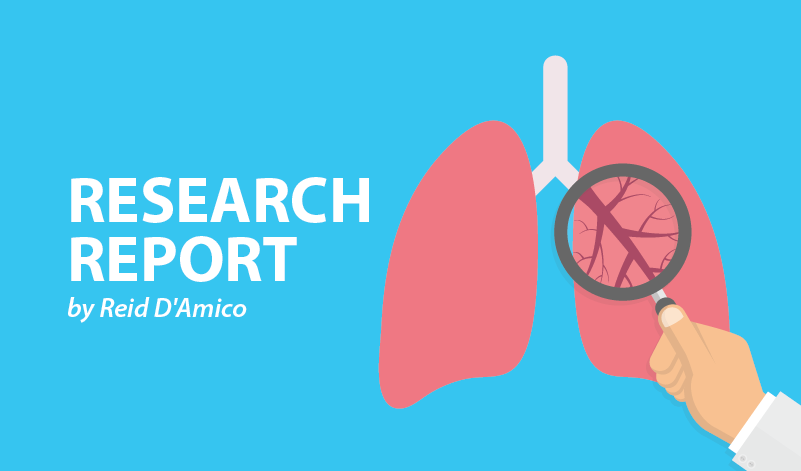My Favorite Ways of Keeping Up with Research into Pulmonary Hypertension


Any time I’m feeling down about my health, I run to the scientific literature. For me, science has a way of re-instilling a sense of optimism that gets lost in the day-to-day regimens that leave my day feeling down. Since starting my PhD, I’ve learned how to navigate scientific articles at a much faster pace. From a patient standpoint, therapeutic development may take years to decades, but from a scientific perspective, the field of pulmonary hypertension (PH) is evolving at a pace that can give patients a needed sense of hope.
Here, I want to discuss some of my favorite sites, which I use to stay on top of research as it develops. I will note that some articles you may run into are unavailable without a subscription to the source, but you can usually view an abstract that can summarize key findings. If an abstract’s finding or purpose sparks your interest, you can always fall back on a simple internet search to find more widely available information.
The first site that I learned about during my studies was PubMed, which is a government database that is populated by people (not algorithms). Because of this, sources on PubMed will follow a more uniform structure, and results can be sorted and filtered in a more reliable manner. Articles in PubMed are tagged with key words that help you get refined and accurate results after your initial search. PubMed also has a number of features that allow you to sort results by categories, dates, or authors.
While the next source doesn’t have the same bells and whistles as PubMed, it has quickly become one of my favorite search engines to stay on top of research. Google Scholar differs from PubMed because it is open to research outside of the realm of biomedical research. However, this larger database actually plays in my favor. As an engineer, I’m still interested to see devices and patents that may be relevant to my research. With Google Scholar, I will occasionally find research that may fall under different categorizations than medicine, but could soon help with the diagnosis and treatment of PH.
Unlike PubMed, Google Scholar will show you how many times a publication has been cited. In research, the more citation a paper has, the more “impact” the paper can be presumed to have. This can help you search through the mountains of papers to find ones that are the most important. However, my favorite feature of Google Scholar is its alerts option. With this, I can type in key words and I will receive an email every few days that will summarize findings that fall under the key word search. These publications are the papers that are brand new to the field, and are first time others can see their results. These emails keep me on top of the field because its easy to fall behind in science.
However, the one thing that is always missing from scientific research is the patient’s perspective. There’s something more relatable, more obtainable when hearing what has worked for others within your disease community. This is why I’ve learned to appreciate and rely on the articles that come out of sources like Pulmonary Hypertension News. When you subscribe to this source, you’ll be sent emails that contain weekly summaries of articles, as well as media sources for those who may be looking for an inspirational or instructional video. Pulmonary Hypertension News is also diverse: it not only covers the literature but it also publishes important information directly to the patient. These sources may include anecdotal successes or advice regarding how to navigate other avenues of PH.
Science is an optimistic field. Like many of the Pulmonary Hypertension News readers, we all have some sort of connection to PH. My hope is that readers can use these tools as a way to find solace knowing that much work is being done to develop new therapies and instruments to treat PH.
***
Note: Pulmonary Hypertension News is strictly a news and information website about the disease. It does not provide medical advice, diagnosis, or treatment. This content is not intended to be a substitute for professional medical advice, diagnosis, or treatment. Always seek the advice of your physician or other qualified health provider with any questions you may have regarding a medical condition. Never disregard professional medical advice or delay in seeking it because of something you have read on this website. The opinions expressed in this column are not those of Pulmonary Hypertension News or its parent company, Bionews Services, and are intended to spark discussion about issues pertaining to pulmonary hypertension.








Leave a comment
Fill in the required fields to post. Your email address will not be published.